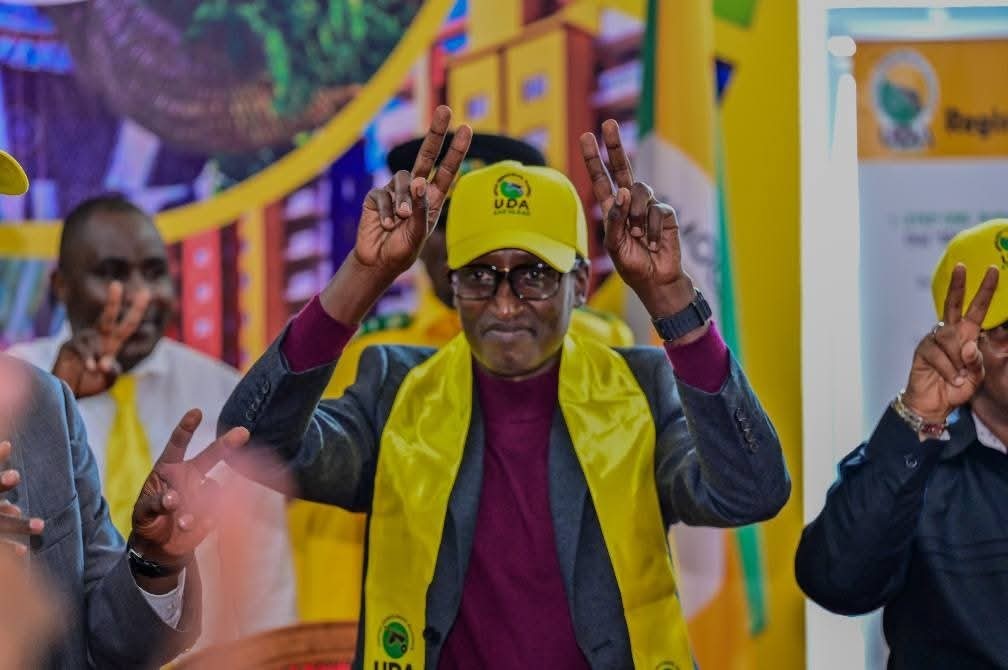
The United Democratic Alliance’s (UDA) decision to test electronic voting in its recent by-election nominations has triggered fresh conversations about the future of political contests in Kenya.
Among those weighing in was businessman-turned-politician Bundotich Zedekiah Kiprop, popularly known as Buzeki, who framed the exercise as a moment of transformation for a country often haunted by claims of flawed party primaries.
Buzeki, who only recently crossed over to UDA after years of distancing himself from the party, described the experiment as a break from the past. According to him, the digital ballot in Tembelio Ward not only sped up the process but also reduced the suspicion that usually dogs internal elections.
On his X account, the politician argued that the absence of familiar disputes over rigging or irregularities was evidence that “technology can safeguard the will of the people.” He called the pilot a “revolutionary” demonstration of how party nominations could mirror the constitutional demand for transparency.
Political observers note that Buzeki’s remarks carry a dual weight: they highlight both the symbolic shift within UDA and the growing pressure on other parties to adapt modern systems if they are to maintain credibility. His unexpected praise, given his history as a critic of UDA, has also drawn attention to the delicate balancing act of Kenya’s political actors, many of whom find themselves adjusting to the changing rules of the game.
Whether electronic voting becomes the new standard or remains a one-off experiment, UDA’s move has opened a new chapter in the contest over how democracy is practiced within parties long accused of backroom deals and opaque procedures.



